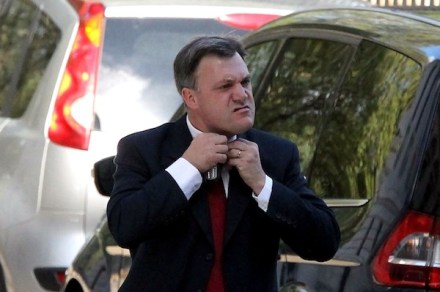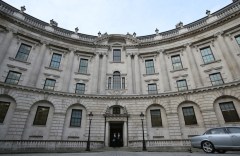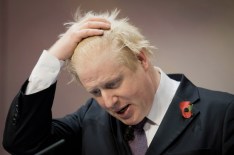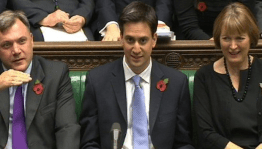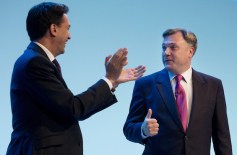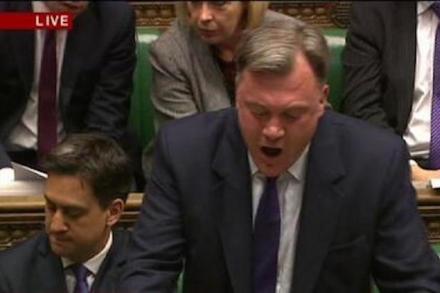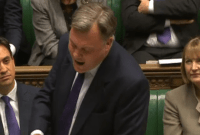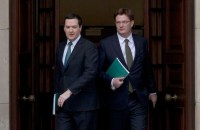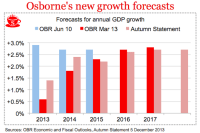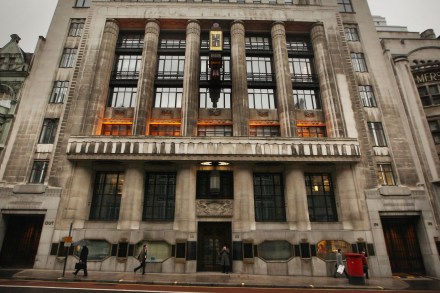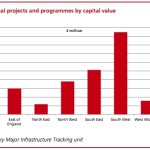‘Not misleading’ = ‘we’re right!’
Ed Balls didn’t have a good day yesterday with his poor Autumn Statement performance, but he’s had a slightly better day today, with an analysis from the Institute for Fiscal Studies that confirms families will be ‘substantially’ worse off in 2015/16 than they were in 2009/10. Balls wants to keep talking about the cost of living: now he’s got the IFS’ analysis on his side too. Except the IFS didn’t quite back him to the hilt. The analysis of the parties’ approaches to the living standards question concluded that while the measure Balls used to calculate that working people are £1,600 a year worse off under the Coalition was ‘incomplete’, it is
